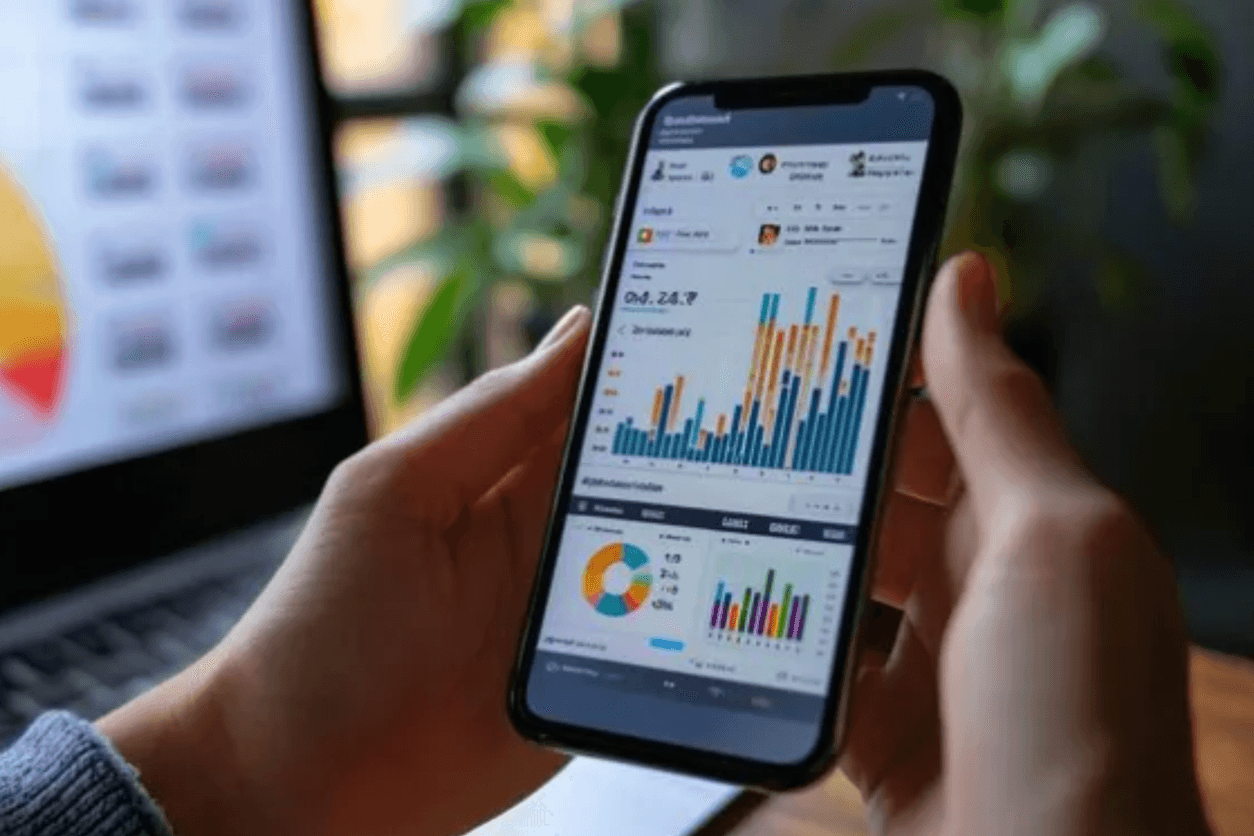Social media has become an integral part of our daily lives. From connecting with friends and family to sharing photos and videos, social media platforms have revolutionized the way we communicate and interact with others. However, with the rise of social media has also come concerns about privacy, cyberbullying, and addiction. In this article, we will explore the impact of social media on society and how it has changed the way we communicate.

One of the biggest impacts of social media on society is the way in which it has reshaped communication. In the past, communication was limited to face-to-face interactions, phone calls, and letters. But now, with the advent of social media platforms like Facebook, Twitter, and Instagram, we can communicate with people from all over the world instantaneously. This has made it easier to stay connected with friends and family, even if they are thousands of miles away.
Social media has also changed the way businesses communicate with their customers. In the past, businesses would rely on traditional advertising methods like TV commercials and billboards to reach their target audience. But now, businesses can use social media to directly engage with their customers, respond to their feedback, and promote their products and services. This has allowed businesses to create more personalized and targeted marketing campaigns, leading to increased sales and brand loyalty.
Another impact of social media on society is the way in which it has transformed the news and media industry. In the past, people would rely on newspapers, TV, and radio to get their news. But now, with social media platforms like Twitter and Reddit, news spreads faster than ever before. This has led to a rise in citizen journalism, where ordinary people can report on news events in real-time. However, this has also led to concerns about misinformation and fake news, as it can be difficult to verify the accuracy of news on social media.
Social media has also had a profound impact on politics and activism. Politicians now use social media platforms like Twitter and Facebook to communicate with their constituents and rally support for their policies. Activists also use social media to organize protests and raise awareness about social issues. This has given a voice to marginalized communities and has made it easier for people to advocate for social change.
Despite the many benefits of social media, there are also drawbacks. One of the biggest concerns about social media is privacy. Social media platforms collect a vast amount of personal data from their users, which can be used for targeted advertising and other purposes. This has raised concerns about data privacy and security, as well as the potential for identity theft and fraud. In recent years, there have been several high-profile data breaches that have exposed the personal information of millions of social media users.
Another concern is cyberbullying. Social media platforms provide a platform for people to harass, threaten, and intimidate others. This has become a major concern, especially among teenagers and young adults. Cyberbullying can have serious consequences, including depression, anxiety, and even suicide. Many social media platforms have implemented measures to combat cyberbullying, but more needs to be done to protect users from online harassment.
Finally, there is growing concern about social media addiction. Many people spend hours each day scrolling through their social media feeds, checking for updates and notifications. This constant connection to social media can lead to feelings of anxiety, depression, and loneliness. Studies have shown that excessive social media use can have negative effects on mental health and wellbeing. It is important for users to set limits on their social media use and prioritize real-world interactions.
kd2kub